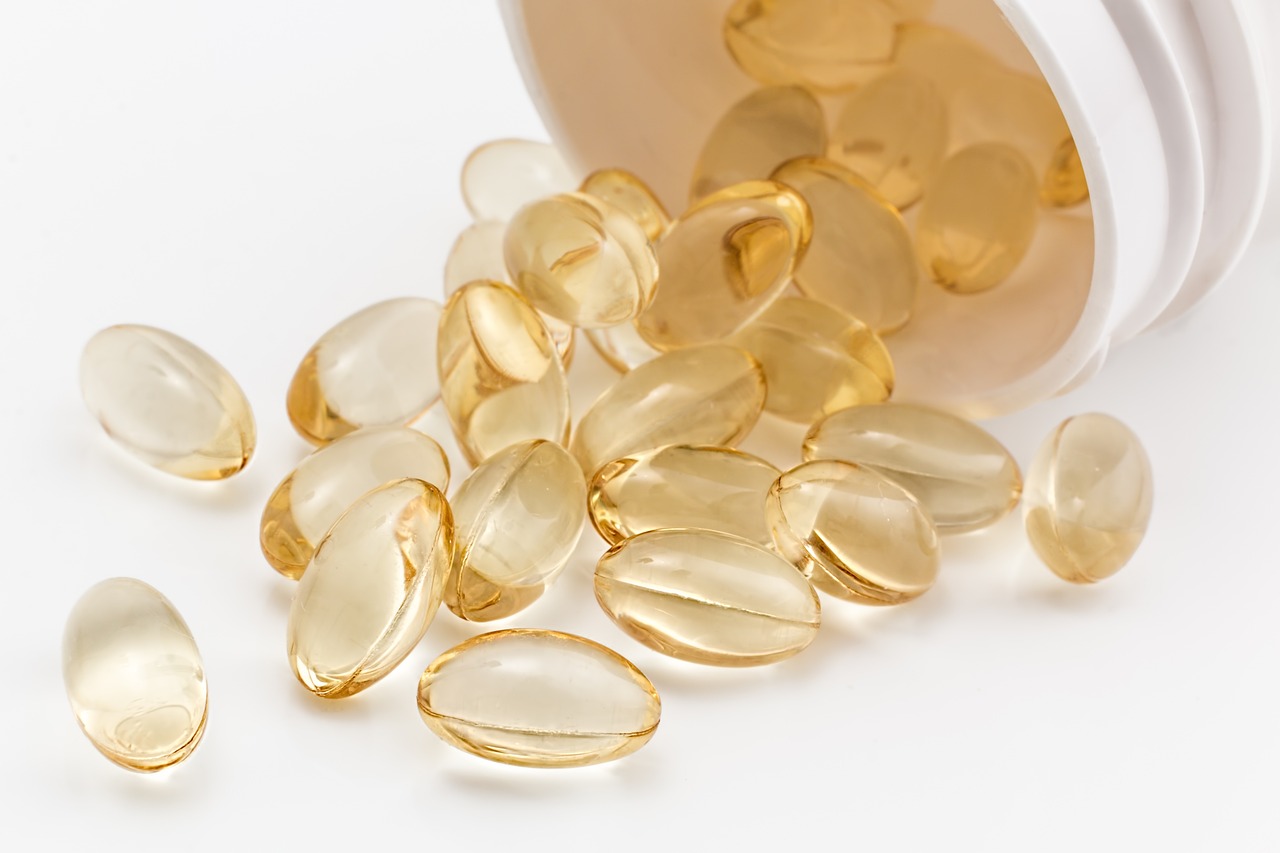Vitamin E, a vital micro-nutrient, plays a critical role in maintaining health and promoting well-being. As an essential vitamin that the body cannot produce on its own, Vitamin E must be obtained through diet or supplementation. The nutrient's benefits go far beyond its well-known role as an antioxidant, offering therapeutic advantages for skin health, immune function, cardiovascular wellness, and even hair growth. Recent advancements in research have shed light on the differences within the Vitamin E family, particularly tocotrienols, which promise even greater health benefits.
Vitamin E: A Multitasking Nutrient
Vitamin E is best known for its antioxidant properties, which help neutralize free radicals, reducing cellular damage and supporting overall health. This powerful ability makes it a key ingredient in many cosmetic products, where it acts as an anti-aging agent, diminishes fine lines and wrinkles, and provides moisturizing effects. Emerging research also highlights its ability to protect the skin from UV damage, enhancing its role in dermatological care. 1
Beyond its aesthetic applications, Vitamin E contributes to a wide range of health benefits. Studies suggest its protective role against heart disease, tissue damage, and degenerative conditions such as prostate, colon, and bladder cancers. It also supports vision and helps regulate women's health issues, making it a well-rounded nutrient in preventive and therapeutic health strategies. 2-6
Addressing Negative Publicity and a Promising Future
Despite its many benefits, Vitamin E faced a decline in popularity after a controversial meta-analysis linked tocopherol—a key component of Vitamin E—to increased mortality risk. The backlash led to a significant drop in sales and skepticism about its safety. However, scientists are now focusing on tocotrienols, another member of the Vitamin E family, which may offer greater efficacy without the concerns associated with tocopherols.
Understanding Tocotrienols: A Game-Changer in Vitamin E Research
Tocotrienols, found in palm oil, cereal grains, and rice bran, share Vitamin E’s antioxidant properties but have unique characteristics that enhance their health benefits. Unlike tocopherols, tocotrienols have shorter molecular tails, allowing for better mobility and improved protection of cell membranes. Early research suggests that tocotrienols may surpass tocopherols in several key areas:
• **Cardiovascular Benefits**: Palm-derived tocotrienols are linked to reductions in cholesterol levels, improved arterial compliance, and better blood pressure regulation. These compounds also enhance antioxidant activity, which may improve heart function and reduce triglycerides. 7
• **Immune Support**: A study in the Journal of Nutrition demonstrated that tocotrienols could improve T-cell function, bolstering immune response. 8
• **Neuroprotection**: Research from Ohio State University suggests that alpha-tocotrienol may have protective effects on brain health, potentially preventing damage to neural cells. 9
• **Hair Growth**: Emerging evidence indicates that tocotrienols may promote hair growth in individuals experiencing male-pattern baldness, making them a promising ingredient in hair health supplements.
Recommended Intake and Supplementation
While Vitamin E is crucial for health, appropriate dosing is essential. The recommended daily intake (RDI) for Vitamin E is 15 mg (22.4 IU) for adults, with an upper limit set at 1,000 mg (1,500 IU). Most commercially available supplements contain dl-alpha tocopherol, the synthetic form of Vitamin E, but newer formulations are incorporating tocotrienols to leverage their enhanced benefits.
Food Sources of Vitamin E
For those who prefer obtaining their nutrients naturally, Vitamin E is abundant in foods such as almonds, sunflower seeds, spinach, and avocados. However, achieving therapeutic levels of tocotrienols through diet alone can be challenging, making supplements a practical option for many individuals.
Innovations in Vitamin E Supplementation
Advances in manufacturing allow for the creation of high-quality Vitamin E supplements that combine tocopherols and tocotrienols. These formulations aim to maximize the benefits of both compounds while addressing the concerns associated with synthetic tocopherols. GMP-certified facilities equipped with state-of-the-art machinery ensure precision and quality in supplement production, catering to the growing demand for science-backed nutritional products.
Why Vitamin E Deserves a Comeback
The evolution of Vitamin E research, particularly the focus on tocotrienols, underscores the nutrient's potential to transform health and wellness. Whether used for its antioxidant properties, cardiovascular benefits, or emerging applications in hair and skin health, Vitamin E remains a vital component of a balanced diet and supplementation plan. As scientists continue to uncover its full capabilities, this once-controversial nutrient is poised for a resurgence in the health and wellness industry.
References
1 J Invest Dermatol. 2006;126(7):1447-9.
2 Am Fam Physician. 1997;55:197-201.
3 Am J Epidemiol. 2002;156:1002-10.
4 Semin Cancer Biol. 1998;8:263-73.
5 Cancer Res. 1993;53:4230-17.
6 Gynecol Obstet Invest. 2007;64(4):204-7.
7 J Atheroscler Thromb. 2010;17:1019-1032.
8 J Nutr. 2010;140:1335-1341.
9 J Neurochem. 2010;115:579-591.













